
World’s deadliest cancer: 8 early warning signs every older adult should know

Have you ever felt like something was just… off with your body—but you couldn’t quite explain what? Maybe it’s a little stomach discomfort, some bloating, or fatigue that doesn’t go away. Most of us chalk it up to stress, something we ate, or just one of those things that happens as we get older. But sometimes, these subtle signals are your body’s way of crying out for help—and the underlying cause can be far more serious than we realize.
That’s why today, we need to talk about one of the most dangerous and hard-to-detect cancers out there: pancreatic cancer.
🎗️ Pancreatic Cancer: The Silent Killer You Need to Know About
Pancreatic cancer is often called a “silent killer”—and with good reason. In its early stages, this disease shows very few noticeable symptoms. The pancreas is a small organ located deep in the abdomen behind the stomach, playing key roles in digestion and blood sugar regulation. When something goes wrong here, the symptoms are typically vague—often mistaken for common digestive issues or simple fatigue.
The scary part? By the time symptoms become more obvious, over 90% of pancreatic cancer cases are already advanced, making treatment far more difficult and prognosis worse.
But here’s the good news: early detection, while rare, is possible—especially if you know what to look for.
Let’s walk through 8 early warning signs that could help you catch this disease before it progresses. Some of these are incredibly subtle, but learning to spot them could make a life-saving difference. And be warned—the first two are so little known that most people overlook them entirely.
⚠️ 8 Early Signs of Pancreatic Cancer You Should Never Ignore
➡️ 8. Mild but Persistent Abdominal Pain

It starts as an uncomfortable sensation in the upper abdomen—just below your ribs or in the center of your stomach. Maybe it comes and goes. You feel it after eating or when you're stressed. Most people dismiss it as indigestion, gas, or muscle tension.
But here's what makes this pain different: pancreatic pain often eases when you lean forward or curl up—which tricks people into thinking it’s harmless. As the tumor grows and presses on nearby nerves, the pain can become more regular and may start radiating to your back, especially the middle or lower regions.
If you find yourself taking antacids often or shifting positions just to feel better, it’s time to consider whether this might be something more than just heartburn.
➡️ 7. Jaundice – Yellowing of Skin or Eyes
This is one of the more visible warning signs, but it often starts subtly. You may first notice a faint yellow tint in the whites of your eyes or under bright lighting. Over time, it can spread to your skin, palms, and soles of your feet.
Why does this happen? A tumor in the head of the pancreas can block the bile duct, causing bile to build up in the body. The result? Elevated bilirubin levels, which give your skin and eyes that yellowish tone.
This isn’t just a cosmetic issue—it’s a serious red flag, especially if it's accompanied by dark urine or pale stools.
➡️ 6. Unusual Changes in Urine and Stool
Pancreatic cancer can also impact how your body eliminates waste. You might notice that:
-
Your urine becomes dark brown (like cola or black tea), even if you’re well-hydrated.
-
Your stool turns pale or clay-colored, and may float or appear greasy.
-
You feel nauseous or bloated after eating fatty foods.
These changes happen because your body isn’t properly processing bile and digestive enzymes. If these symptoms last for more than a week, don’t brush them off—they may point to something deeper going on.
➡️ 5. Unexplained Weight Loss

Losing weight without trying might sound great—until you realize what it could mean. If you’ve dropped 5 to 10 kg (10–20 pounds) in a few months without changing your eating habits or exercise routine, it could be cause for concern.
Why? Because when the pancreas is compromised, it can’t produce the enzymes your body needs to absorb nutrients. The result is malnutrition and muscle wasting, even if your appetite stays the same.
This isn’t just about what the scale says—it’s about how your body feels. You may appear more gaunt, have sunken cheeks, or feel increasingly weak.
➡️ 4. Blurred Vision and Brain Fog
Have you noticed your vision getting blurry, your eyes more sensitive to light, or that you’re struggling to concentrate or remember things? Many people write this off as fatigue or aging.
But what’s actually happening? Pancreatic cancer can impair insulin production, which disrupts blood sugar levels—sometimes causing diabetes or pre-diabetes symptoms before cancer is even diagnosed.
Unstable blood sugar can damage small blood vessels in the eyes (retinopathy) and also affect cognitive performance. If these symptoms appear suddenly, they deserve your attention.
➡️ 3. Constant Skin Itching
Here’s one most people never associate with pancreatic cancer: persistent, unexplained itching. This isn’t just dry skin—it’s an intense, irritating itch that may not go away with lotions, antihistamines, or cold compresses.
Why does this happen? It’s tied to jaundice. When bile builds up in the bloodstream, it irritates nerve endings in the skin, leading to severe itching, often worse at night or on the palms and soles.
If this itching persists—especially if you also have yellowing of the skin or dark urine—it’s worth getting checked out.
➡️ 2. Trouble Digesting Fatty Foods
Do you feel bloated, nauseous, or heavy after eating fried or fatty foods? Do you find yourself avoiding certain meals because they just sit in your stomach?
These could be signs your pancreas isn’t producing enough digestive enzymes. Without them, your body struggles to break down fats, which leads to:
-
Bloating
-
Gas
-
Loose, fatty stools
-
Repeated nausea
What’s tricky is that these symptoms often start off mild—and people simply adjust their diet or take over-the-counter meds. But if this becomes a pattern, it’s time to listen to what your body is saying.
➡️ 1. Pale, Greasy Stool and Chronic Fatigue
Finally, the most overlooked—but most telling—symptom: your stool and your energy levels.
When the pancreas isn’t working properly, fats pass through the digestive system unprocessed. You may notice:
-
Stools that are light-colored, oily, and hard to flush
-
Foul-smelling or floating stool
-
A film or grease-like layer in the toilet
Alongside this, you might experience crippling fatigue—the kind that sleep doesn’t fix. This is caused by both nutrient deficiencies and the body’s inflammatory response to cancer. The result? You wake up tired, feel weak throughout the day, and lose motivation for even simple tasks.
🩺 When to See a Doctor
It’s important to keep in mind that having one or two of these symptoms doesn’t mean you have pancreatic cancer. Many of these signs can be caused by other conditions—like gallstones, ulcers, IBS, or even stress.
But here’s the key: if several of these symptoms appear together, don’t wait. If they persist for more than a few weeks, even mildly, it’s worth scheduling a medical appointment. Ask for imaging tests, blood work, or a referral to a gastroenterologist if needed.
👉 Early detection is rare—but not impossible. And when caught early, treatment options are significantly more effective.
❤️ Final Thoughts: Listen When Your Body Whispers
Your body speaks to you every day—through discomfort, energy levels, mood, and digestion. When something feels “off” for more than a few days, don’t ignore it. It’s always better to investigate a false alarm than to miss a serious diagnosis.
Pancreatic cancer is stealthy, but with awareness and attention, you can catch the signs early. Your health is worth that extra step.
News in the same category


Why Do I Cough When Taking a Deep Breath?

Taking the Stairs Could Help You Live Longer
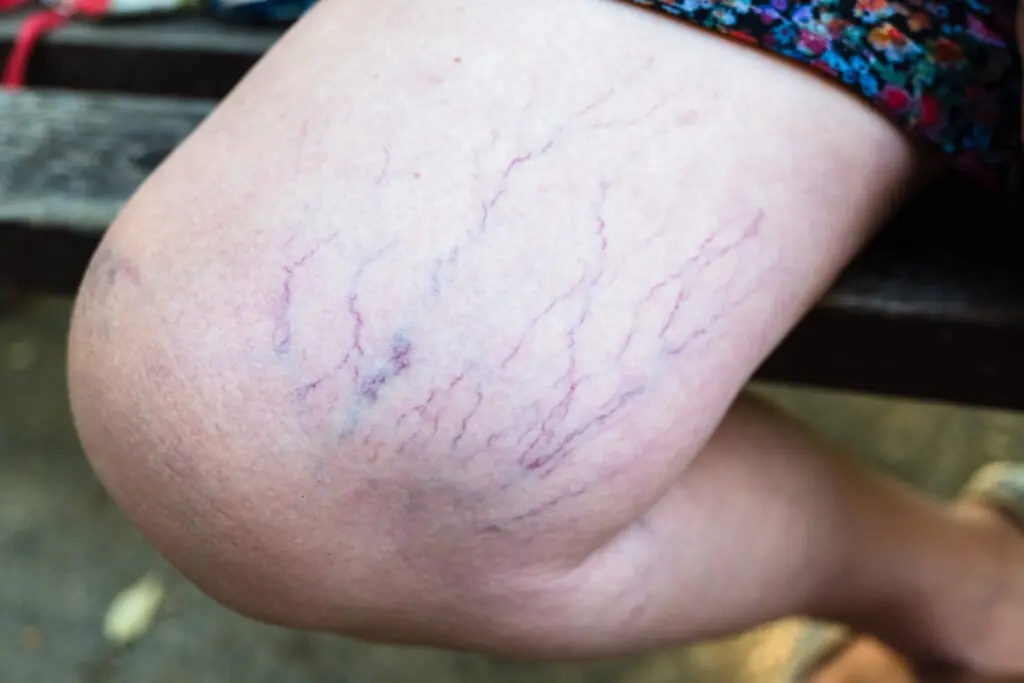
Purple Veins on Your Legs: When to Worry

Signs Your Cortisol Is Dangerously High
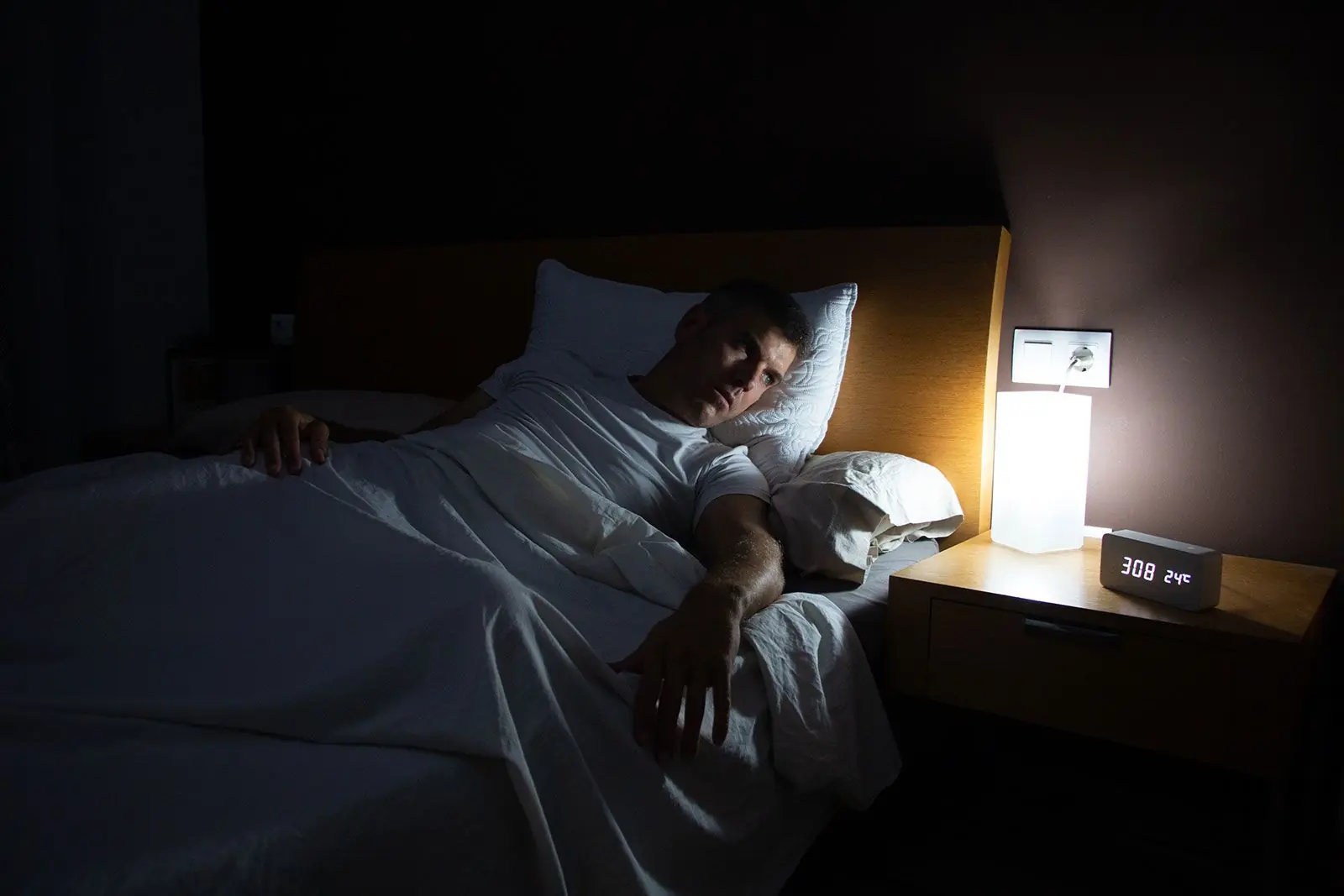
The Sleep Saboteur: The One Thing You Should Never Do When You Wake Up at Night

Nightly Habits That Could Increase Your Risk of Stroke

11 Secret Baking Soda Tricks for Women That Will Change Your Life!
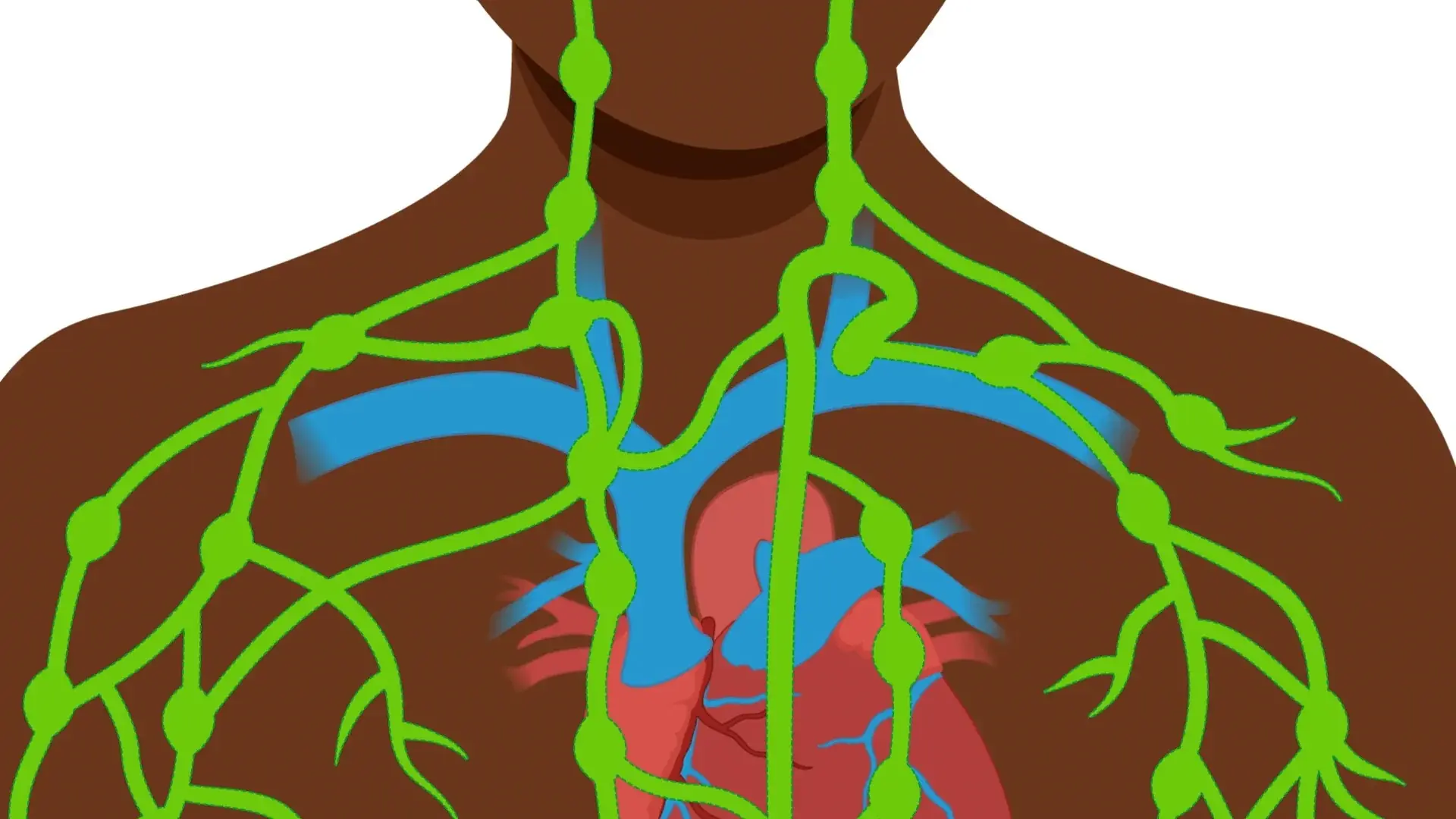
The Fastest Natural Way to Cleanse Your Lymphatic System That No One Talks About
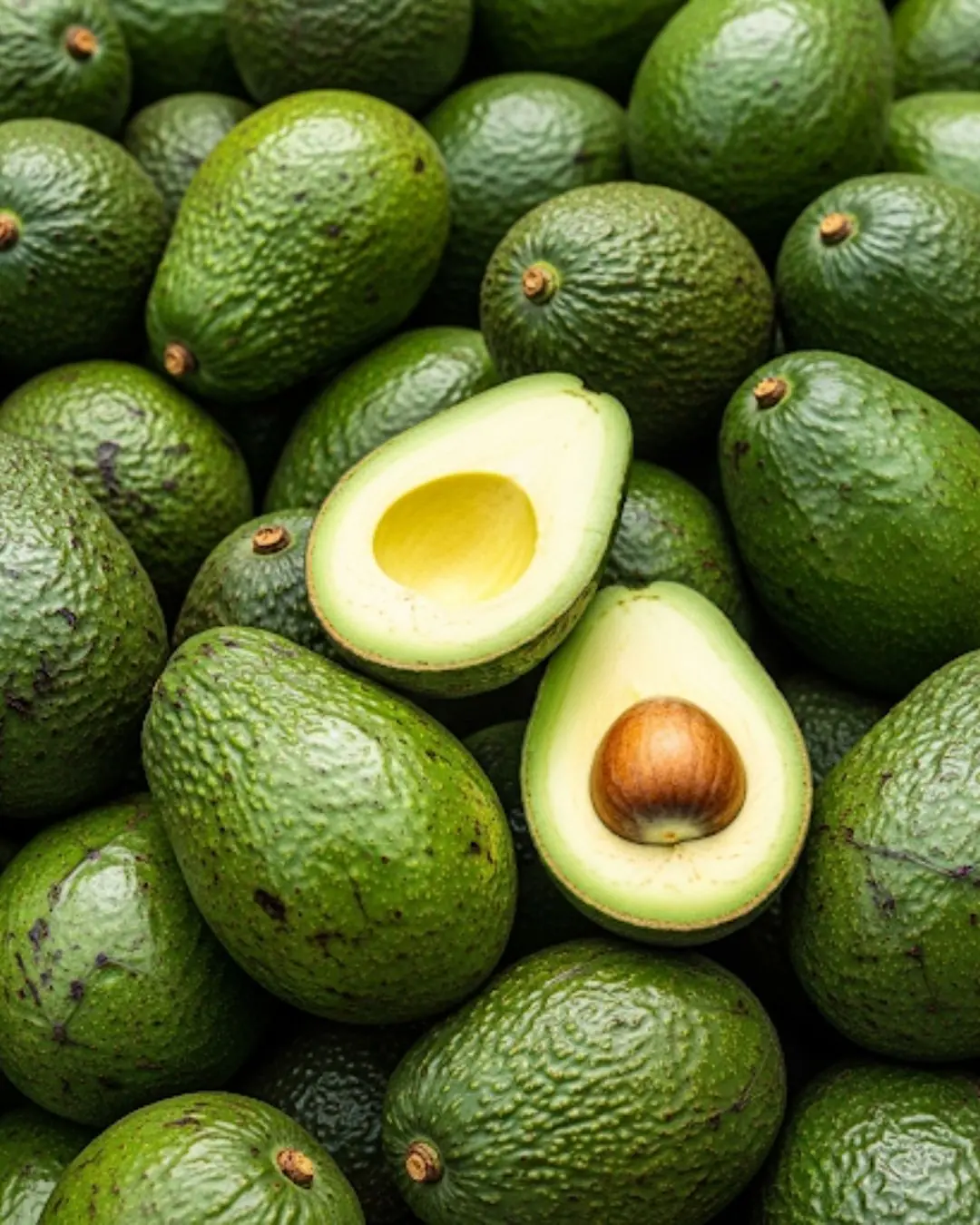
5 Potential Risks of Eating Avocados You Should Know

Top Essential Oils That Instantly Ease Pain and Inflammation
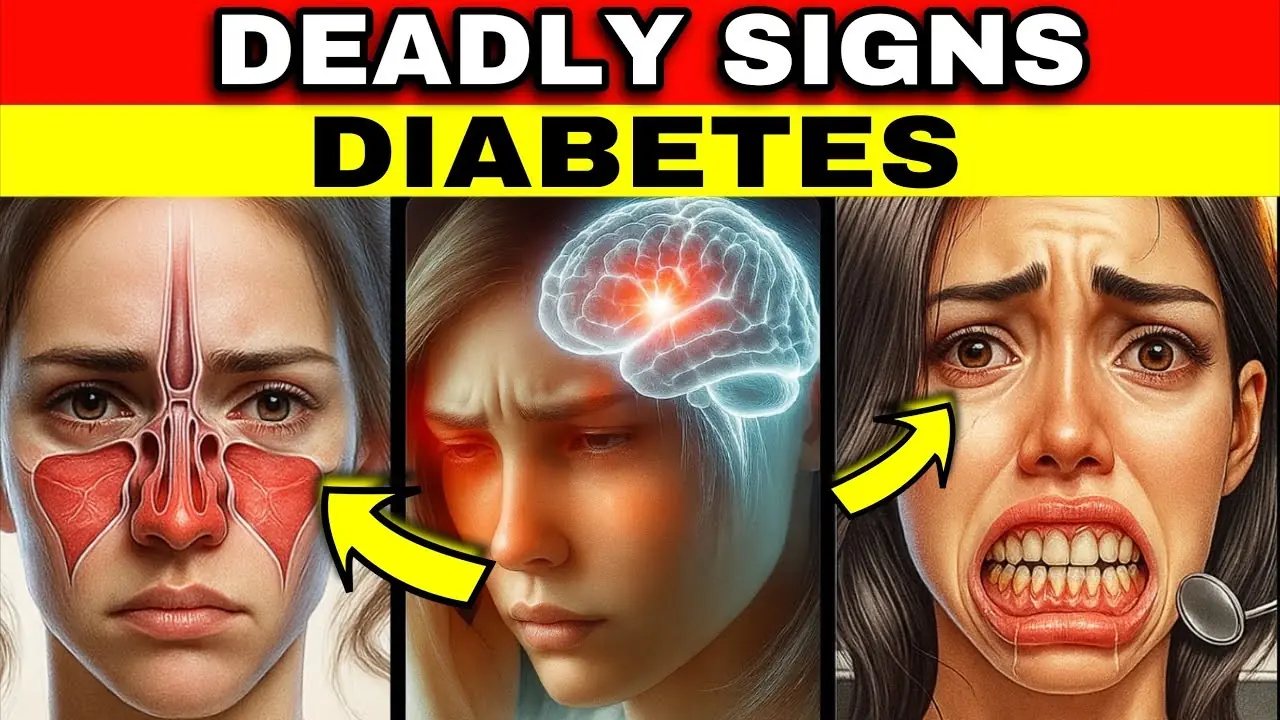
These Are the Early Warning Signs of Diabetes No One Talks About
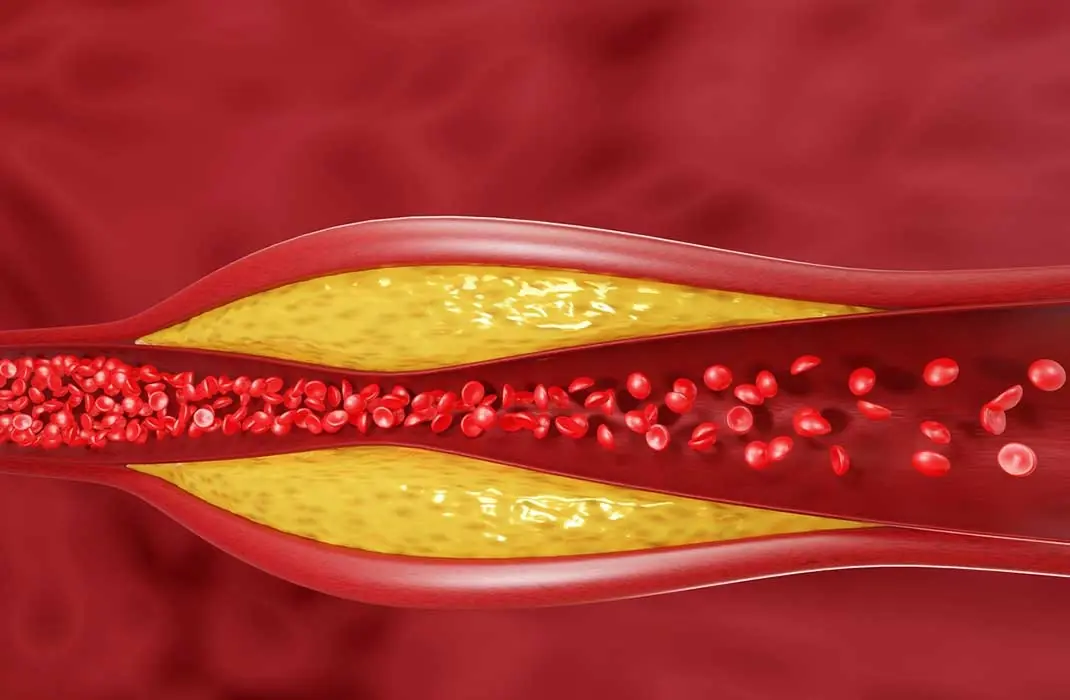
Cholesterol Meds Linked With Heart Attacks, Fast Aging And Brain Damage. Eat These Foods Instead

Food Suddenly Tastes Different? Here’s What Your Body’s Trying to Tell You

12 Common Foot Problems and How to Manage Them

Is Your Gel Manicure To:xic?

Understanding Eye Floaters: Causes and When to Seek Help
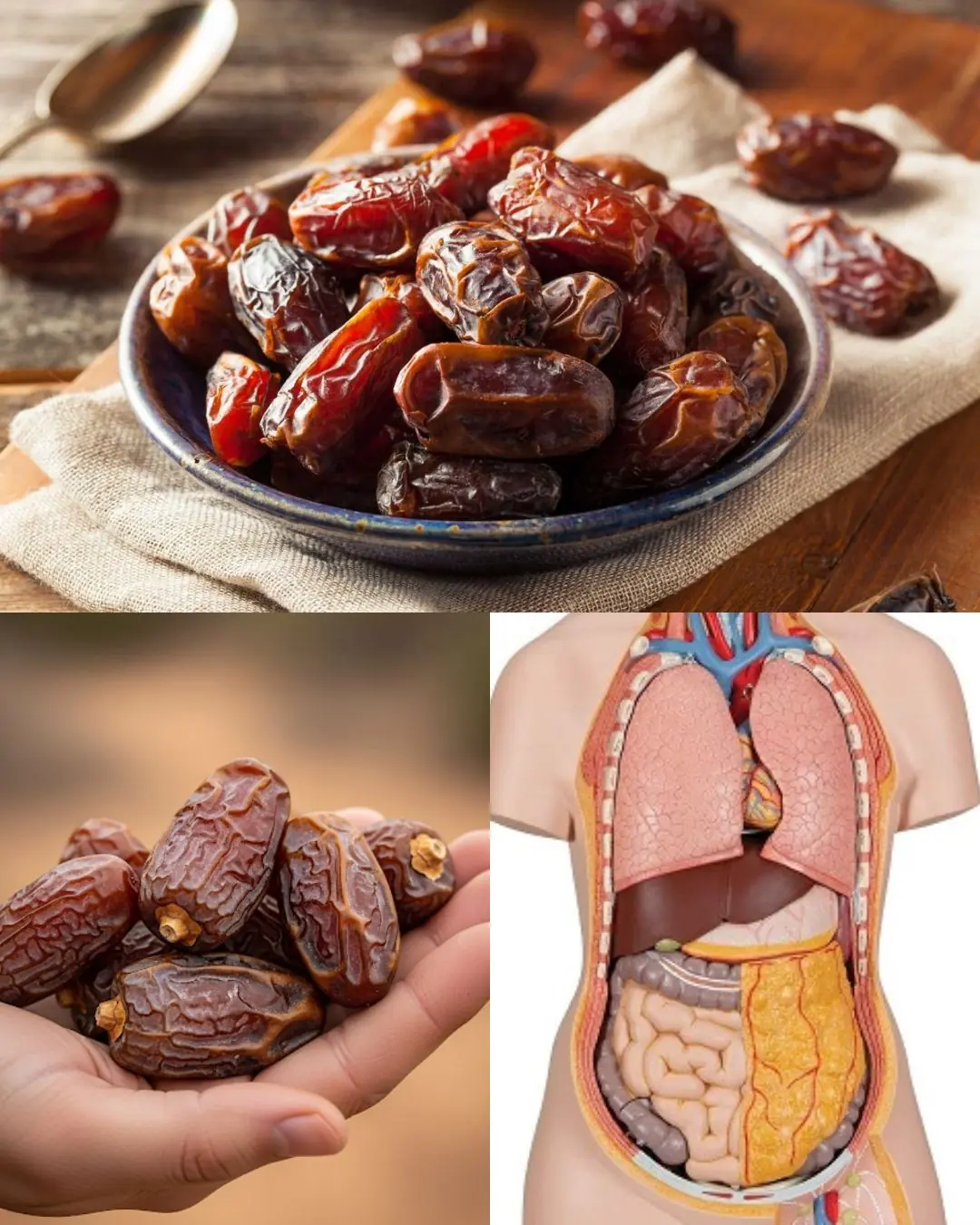
9 Convincing Reasons to Consume More Dates

Early-Stage Cancer May Not Hurt at First, But If You Notice These 8 Signs When Using the Bathroom, See a Doctor Immediately: Don’t Be Negligent
News Post

Firefighter reveals Princess Diana's last four words before she died
Nearly three decades after Princess Diana’s tragic death, a firefighter who held her hand in her final moments has shared what she said before losing consciousness. His emotional recollection sheds new light on one of the most heartbreaking nights in mo

Fans defend The Rock after he revealed 'slim' look which has left people extremely concerned
Dwayne “The Rock” Johnson stunned audiences with a dramatically leaner appearance at the Venice Film Festival, sparking a wave of divided reactions online. While some fans voiced concern for his health, others rushed to defend the Hollywood icon, remi

Elon Musk's daughter shares very honest message after cutting ties with billionaire dad who claimed she was dead
Vivian Wilson, the estranged daughter of tech mogul Elon Musk, has once again spoken out about life after severing ties with her world-famous father. In a rare and unfiltered message, she shed light on her personal struggles, her independence, and the rea

California hospital staff fired following 'dehumanizing' TikTok ridiculing their patients
What began as a short social media clip has ended in a scandal that shook a California healthcare network. A group of hospital workers recorded a TikTok mocking their patients—an act described as “dehumanizing”—and have now all been dismissed foll

Before-and-after images show effects space had on NASA astronauts after 9 months
What was supposed to be a short visit turned into nearly a year away from Earth. Now, newly released before-and-after images of two NASA astronauts show just how profoundly nine months in space can reshape the human body.

NASA just took the closest-ever images of the sun, and they are incredible
For the first time in history, humanity has peered closer into the blazing heart of our star than ever thought possible. NASA’s Parker Solar Probe has delivered astonishing images and video of the sun’s surface and atmosphere, revealing mysteries that

Rice Water: The “Liquid Gold” in Your Home That Most People Forget to Use

The Shocking Truth Behind “Bleach” Stains on Underwear – What Your Body Is Really Telling You
Many people are startled when they notice pale or bleach-like patches on their underwear and immediately assume something must be wrong. But far from being a sign of poor hygiene, this natural occurrence is actually one of the strongest indicators of a he
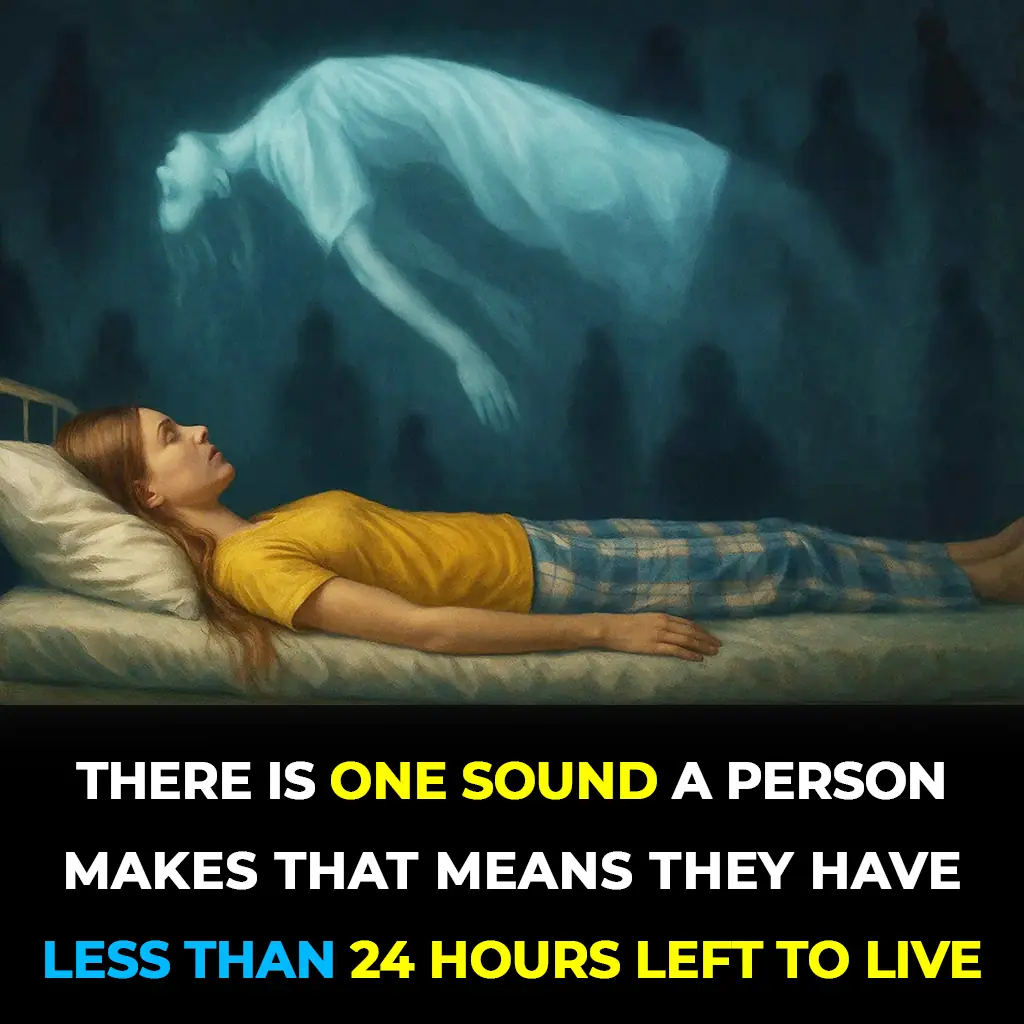
There Is One Sound A Person Makes That Means They Have Less Than 24 Hours To Live
As the body approaches its final hours, loved ones may hear a sound known as the “death rattle,” a sign that often causes deep concern. Though unsettling, this natural process is not painful for the person and understanding it can bring comfort to fam

Add This Simple Ingredient When Mopping – Your Floors Will Shine Like New and Stay Clean All Week!
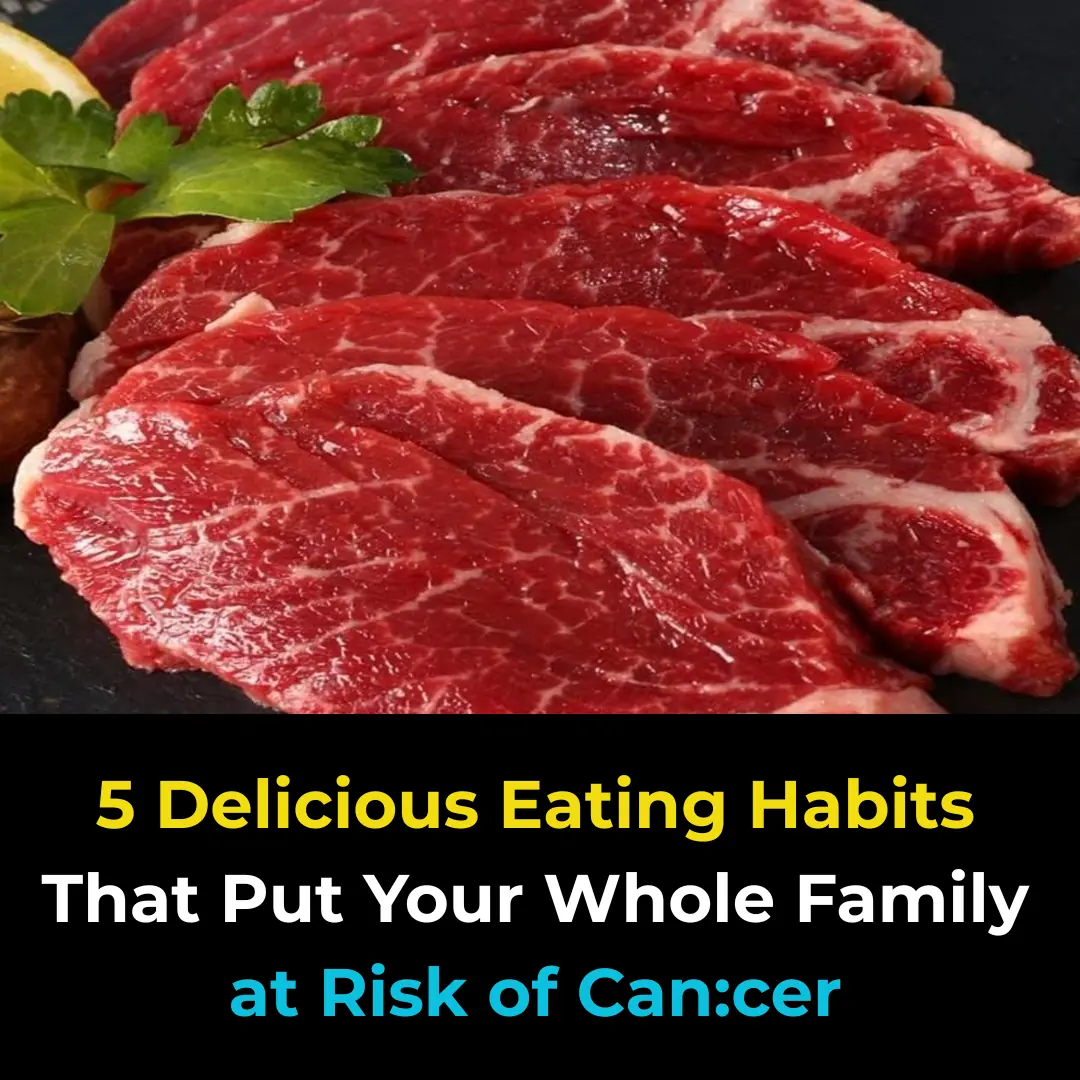
5 Delicious Eating Habits That Put the Whole Family at Risk of C:ancer – Extremely Dangerous and Should Be Avoided Immediately

Be careful — one single action at the airport could ruin your en:tire life.
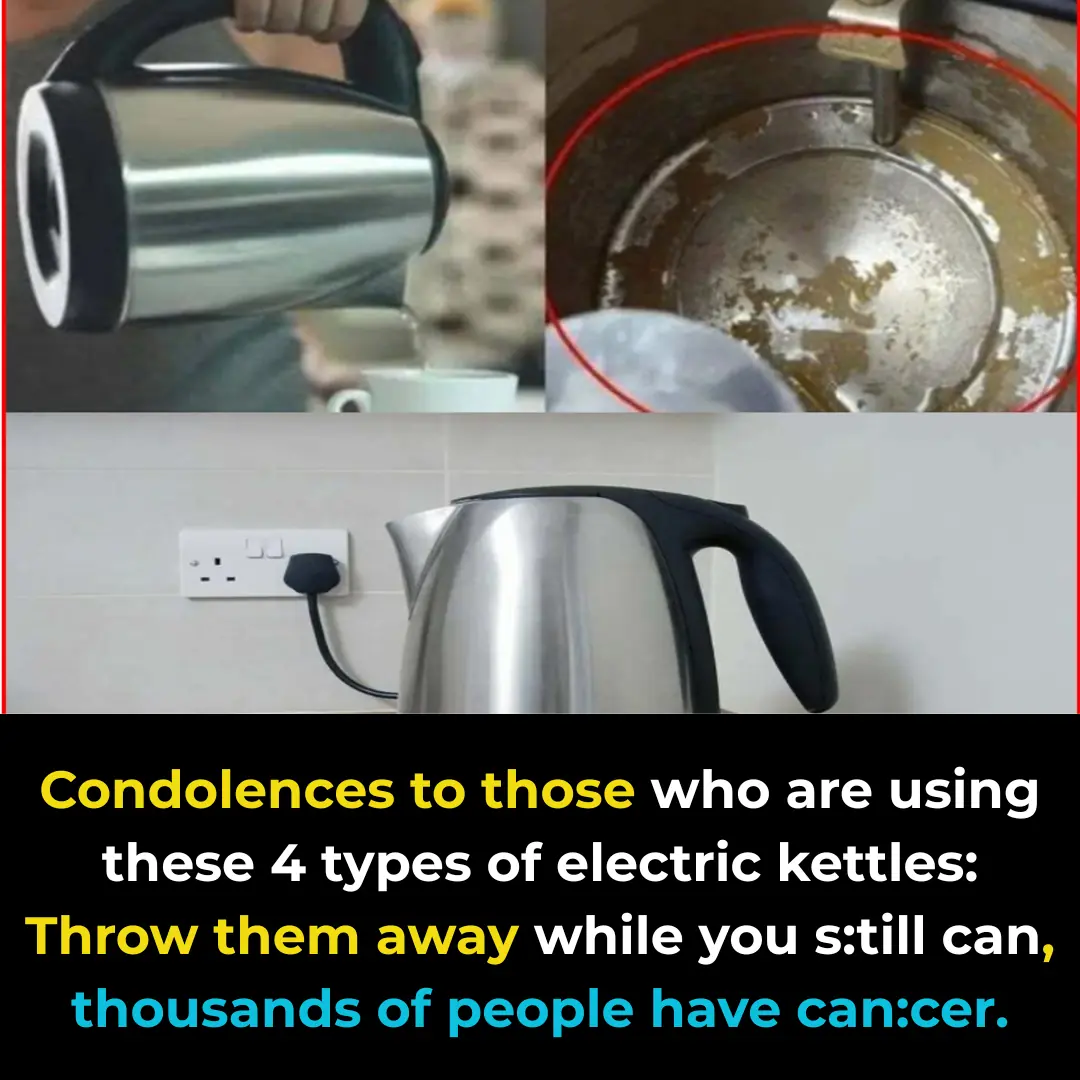
Condolences to those who are using these 4 types of electric kettles: Throw them away while you still can, thousands of people have already developed c:ancer.

How Magnesium Keeps Your Heart Rhythm Healthy

Why Do I Cough When Taking a Deep Breath?

Taking the Stairs Could Help You Live Longer

Purple Veins on Your Legs: When to Worry
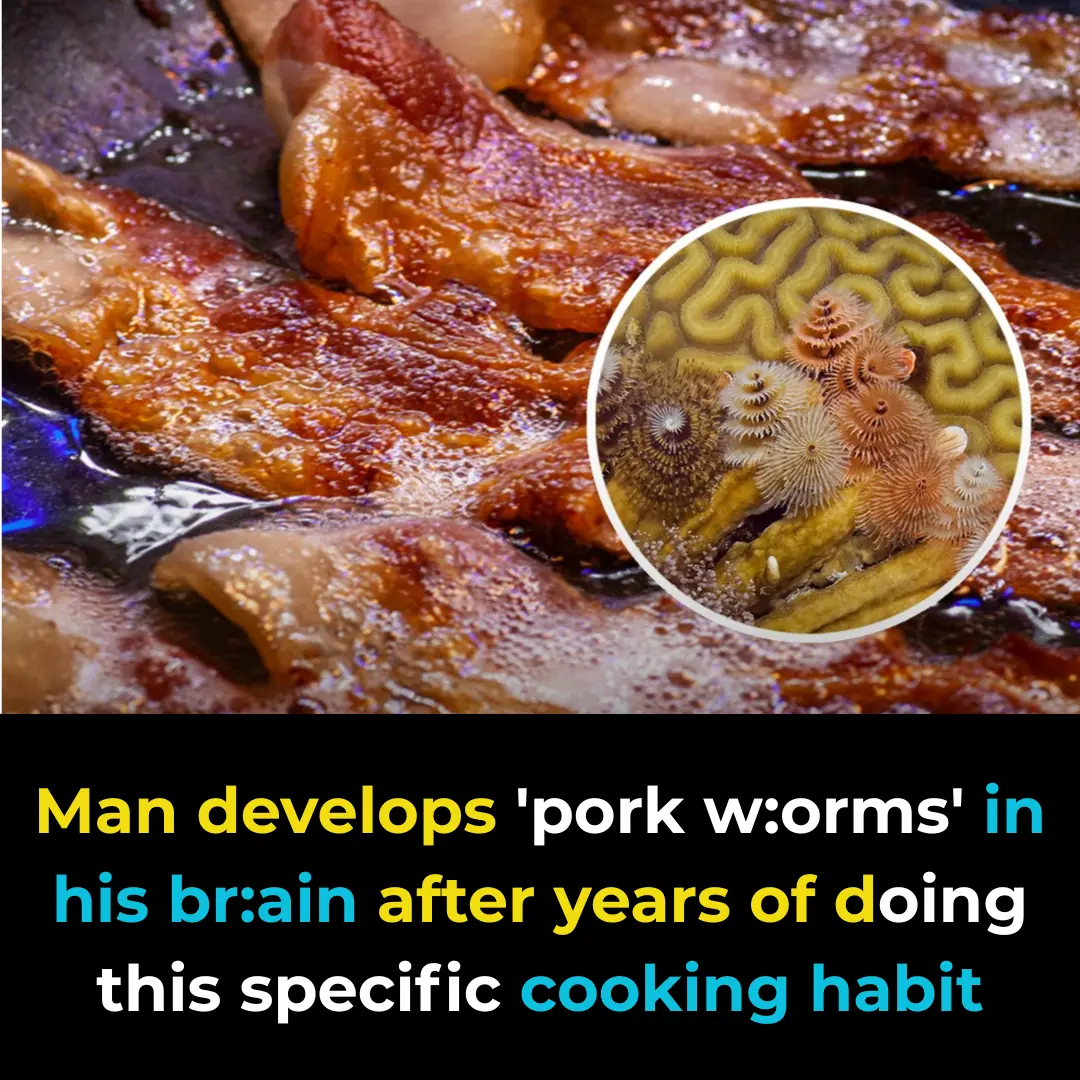
Man develops 'pork worms' in his brain after years of doing this specific cooking habit

Signs Your Cortisol Is Dangerously High
